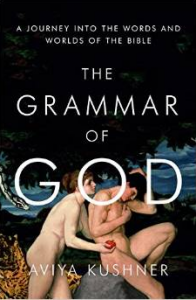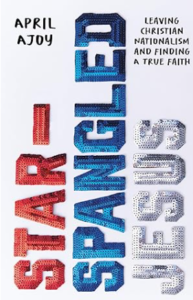“Is the Christian life centrally about believing, or is it about a relationship?” Marcus Borg writes in his book The God We Never Knew: Beyond Dogmatic Religion to a More Authentic Contemporary Faith. “Is it about believing in God as a supernatural being separate from the universe or about a relationship to the Spirit who is right here and all around us? Is it about believing in a God “out there” or about a relationship with a God who is right here?”
These words resonated with me as my spirituality is about relationship with God, experiencing Spirit’s unconditional love, and not about believing the “right doctrine”. The Christianity I grew up with was all about believing the right truths. Oh there was talk of relationship with God, but only if you believed the right doctrine first. Borg challenges that approach held by many Christians today. “Though fundamentalist and conservative Christians speak about this older understanding of God and the Bible with great confidence, what they have to say makes little sense to many of us,” Borg says. “There are millions of people—within the church and the church alumni association, as well as some who have never been part of a church—for whom this older understanding of God and Christianity does not work.”
Marcus Borg passed away in 2015, but his transformative message lives on in books like The God We Never Knew. His emphasis on relationship over correct belief is one I have heard before from him before. It’s a message he wrote about in his blog, What Is A Christian? If you are intrigued by this blog entry, read The God We Never Knew for an even deeper understanding of Borg’s freeing theology.
Conservative Christians accuse liberal thinkers like Borg to be “New Age” or “Pantheistic”. He is neither. In The God We Never Knew the author explains a different way to look at God: Panentheism. “God is both more than the universe and yet everywhere present in the universe,” Borg writes. This view of God makes a lot of sense to me, and since reading Borg’s work I have come across similar views from American philosopher Ken Wilber and from teaching in the Unity church.
“The Christian life is not about pleasing God the finger-shaker and judge,” Borg writes in The God We Never Knew. “It is not about believing now or being good now for the sake of heaven later. It is about entering a relationship in the present that begins to change everything now. Spirituality is about this process: the opening of the heart to the God who is already here.” I recommend The God We Never Knew, or any of Borg’s books, for those who seek a deeper experience of God’s love, without the fear based approach of fundamentalist Christianity.




